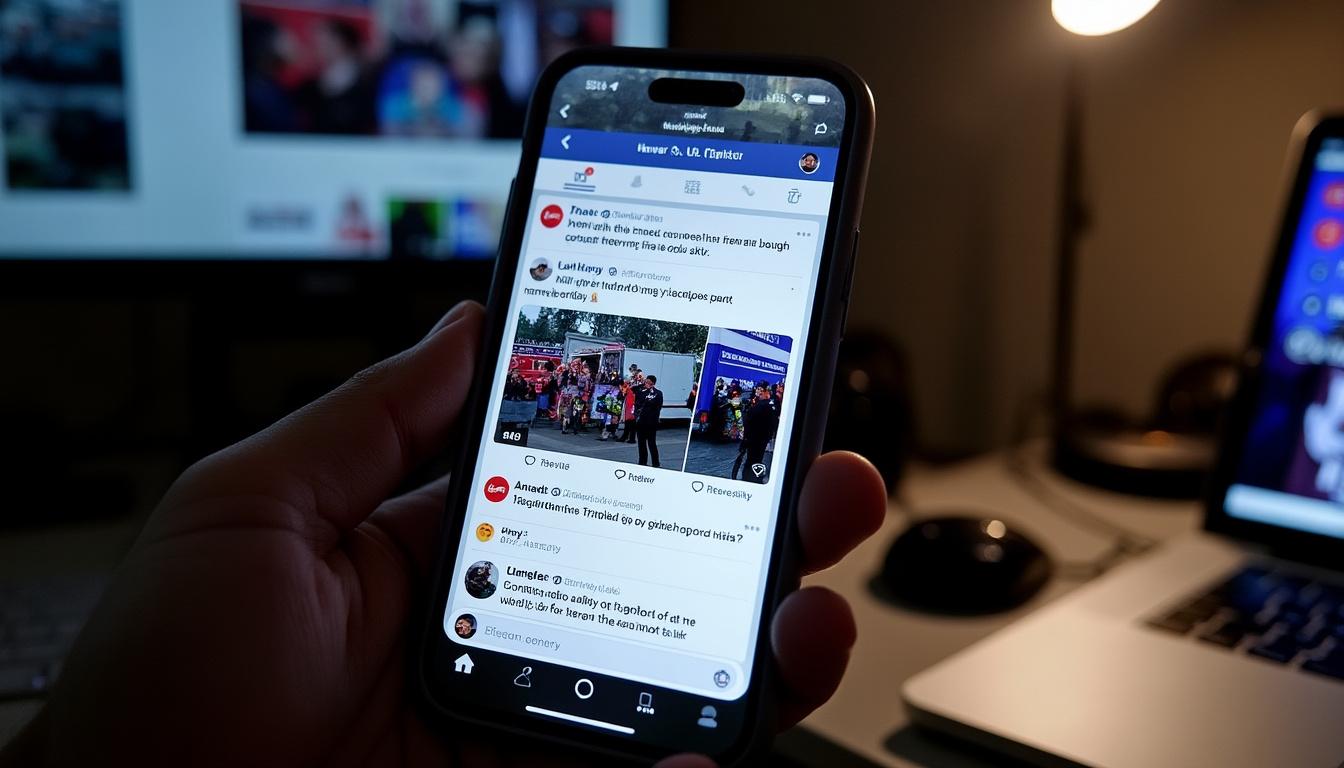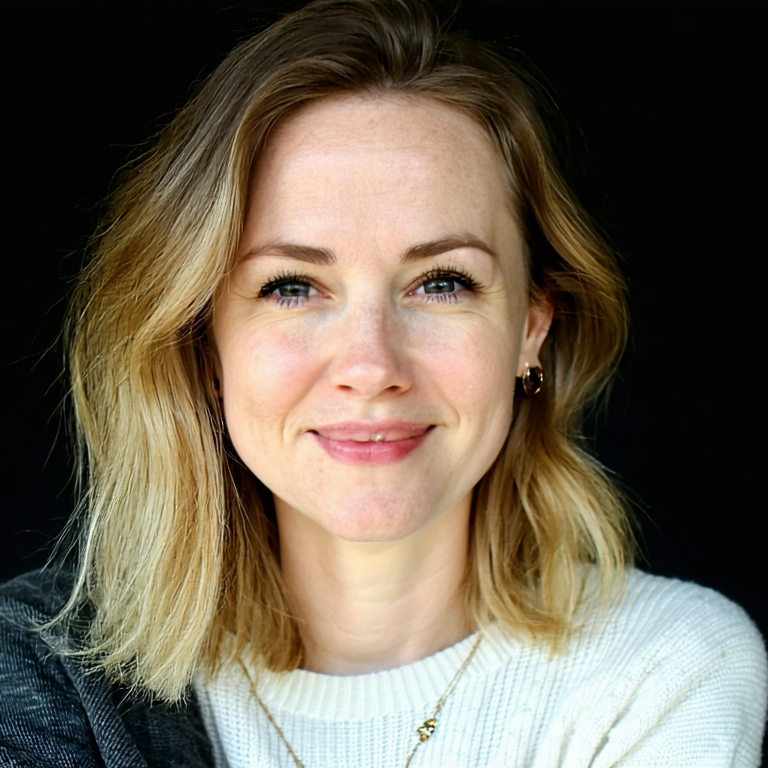The decision of Jesse Eisenberg not to reprise his role as Mark Zuckerberg in the impending sequel to the critically acclaimed film, The Social Network, has stirred endless conversations among fans and critics alike. This choice has significant implications, not only for the actor’s career trajectory but also for the legacy of the film itself and the future of the Hollywood landscape. The complexities of his reasoning unveil a deeper narrative that extends beyond the straightforward rejection of a lucrative role.
Jesse Eisenberg’s Relationship with The Social Network
Released in 2010, The Social Network captured the intricate foundation of Facebook and its co-founder, Mark Zuckerberg, over the years. Jesse Eisenberg’s award-winning portrayal of Zuckerberg solidified his place in the film industry, offering a dramatic lens into the life of a tech visionary. The film, directed by acclaimed filmmaker David Fincher, was expertly written by Aaron Sorkin, emphasizing the turbulence of friendship, ambition, and betrayal in the digital age. This cinematic piece not only earned Eisenberg critical acclaim but also an Academy Award nomination, showcasing his unparalleled ability to depict complex characters.

Over time, Eisenberg’s portrayal of Zuckerberg became synonymous with a pivotal moment in cinematic history, transforming his public persona and career options. However, the actor has been vocal about his desire not to be defined by a single role. This perspective is particularly relevant as one considers Jesse Eisenberg’s decision-making process regarding this sequel. As the film industry ponders the casting possibilities without him, it becomes apparent that the potential absence of the original star might significantly alter the tone and authenticity of the upcoming project.
The Impact of David Fincher’s Absence
One significant factor contributing to Eisenberg’s decision stems from the absence of director David Fincher in this sequel. Fincher, known for his meticulous attention to detail and evocative storytelling, was instrumental in shaping the character of Zuckerberg. According to reports, Eisenberg chose to decline the role primarily because he holds a deep respect for Fincher’s vision and craftsmanship. Without the creative guidance of the director who originally brought Zuckerberg to life, Eisenberg might feel that revisiting a role without this essential collaboration could detract from the film’s integrity.
This absence raises questions about maintaining the authenticity of the narrative. Eisenberg’s reservations add weight to the larger conversation about how director-actor dynamics play a crucial role in cinematic success. The actor’s conscious decision reflects a maturity that is increasingly prevalent in Hollywood – where talent choices are influenced not only by script quality but also by the collaborative synergy between directors and actors.
- Jesse Eisenberg’s deep respect for David Fincher as a director.
- The role of directorial vision in shaping complex characters.
- How the absence of key collaborators can impact actors’ career decisions.
Defining a Legacy Beyond Zuckerberg
Eisenberg’s consideration of his legacy plays a pivotal role in his rejection of the opportunity. Throughout his career, the actor has deliberately chosen projects that diversify his portfolio, ranging from indie films to significant roles in major productions. Eisenberg’s understanding of the Hollywood film industry emphasizes a profound need to navigate his career without being typecast.
This desire to cultivate a diverse filmography stems from a broader concern among actors about the risk of becoming so associated with a single role that they are hindered in pursuing new and challenging opportunities. Eisenberg’s approach invites comparisons to other actors who have made similar choices, seeking to evade the pitfalls of being defined by a singular, iconic performance.

By turning down the sequel, Eisenberg sends a powerful message to the industry about the importance of artistic integrity and the dangers of typecasting. Recognizing the potential for his career to become permanently entwined with Zuckerberg’s narrative, he effectively embraces a philosophy that champions varied and dramatic roles. The significance of choosing diversity in acting choices resonates loudly in an industry that often struggles to shed the association of actors with their breakout roles.
Exploring Risks in Hollywood
The film industry of 2025 showcases a dynamic landscape where actors like Eisenberg are faced with increasingly complex career decisions. The risks associated with reprising roles can often overshadow the benefits of participating in sequels or franchises. For Eisenberg, this situation prompts a critical evaluation of what it means to balance between career advancement and personal authenticity.
The potential for typecasting leads to a unique dilemma within Hollywood, where the allure of box office success can conflict with artist integrity. Eisenberg’s refusal to partake in The Social Network sequel is emblematic of a larger movement among actors advocating for their freedom to explore narratives that resonate more intimately with their personal and artistic development.
- Impacts of typecasting on an actor’s career.
- The evolving landscape of the film industry in 2025.
- Increased risk aversion among actors regarding sequels and franchises.
| Film | Year | Role |
|---|---|---|
| The Social Network | 2010 | Mark Zuckerberg |
| Now You See Me | 2013 | J. Daniel Atlas |
| Batkid Begins | 2015 | Narrator |
| America Ultra | 2015 | Mike Howell |
| The Art of Self-Defense | 2019 | Casey Davies |
Understanding the Sequel’s Narrative and Direction
While the absence of Eisenberg shakes the premises of The Social Network sequel, the narrative direction being considered promises to probe the more controversial aspects surrounding Facebook and social media. Reports indicate that the sequel might explore pivotal moments in recent history, such as the company’s handling of misinformation and its implications on society, particularly concerning youth exposure to social media.
Insights into the unfolding narrative reveal a film that seeks to encapsulate the darker chapters of Facebook’s legacy and how it acknowledges the platform’s role during crises like the coup attempt of January 6, 2021. This ambitious storytelling could position the sequel as not merely a money-making venture but rather an essential examination of the digital age.

As the filmmakers navigate this complex territory, the choice of a new lead becomes paramount. Eisenberg’s unique portrayal established a foundation that may be challenging to replicate. It opens the floor for a dialogue about how new actors can bring different layers to iconic characters, redefining history in cinema
- Potential themes to be explored in the sequel.
- Significance of addressing real-world issues through film.
- Challenges faced by actors stepping into established roles.
What’s Next for The Social Network Sequel?
The future of The Social Network sequel hangs in the balance, with various actors rumored to take up the mantle that once belonged to Eisenberg. Prominent mentions include Jeremy Strong, known for his work in the hit series *Succession*. The challenge will be to strike a balance between keeping the spirit intact while forging a new identity for Mark Zuckerberg. The evolving dynamics within Hollywood continue to reflect changing views on representation, narrative importance, and actor choices.
| Actor | Character | Status |
|---|---|---|
| Jesse Eisenberg | Mark Zuckerberg | Not Returning |
| Jeremy Strong | Mark Zuckerberg (rumored) | In Talks |
| Jeremy Allen White | Potential Choice | Reported |
| Mikey Madison | Potential Choice | Reported |
The Industry Reactions and Future Trends
The film industry has reacted with mixed sentiments regarding Eisenberg’s decision. While some view it as a loss for the continuation of a beloved narrative, others express understanding and commend Eisenberg for prioritizing his integrity over commercial incentives. This reaction reveals the complexities actors navigate within Hollywood – a world often dominated by financial considerations and franchise capabilities.
With the increasing focus on authentic storytelling, Eisenberg’s decision may serve as a catalyst, prompting more actors to embrace their convictions regarding the roles they accept. His refusal sends a resonant message that resonates with younger actors grappling with similar dilemmas, emphasizing the power of choice in shaping one’s career trajectory.
- Reactions from fans and industry insiders.
- Changing attitudes towards sequels in Hollywood.
- Representations of actors’ autonomy in shaping their careers.


